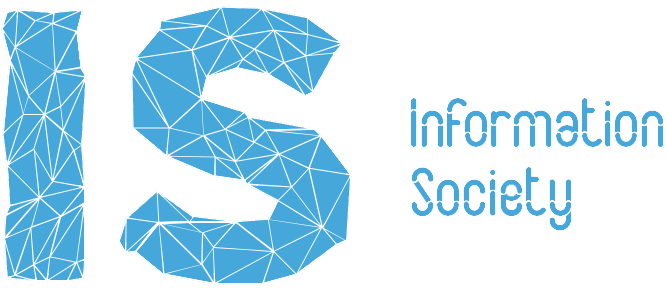Sabina Pajmon and Toma Strle
ABSTRACT
Nudges are a strategic approach that shapes decision-making
environments and the presentation of options to steer individuals
toward certain behaviors while maintaining their freedom of
choice. The ethical concerns surrounding nudges center on their
potential to undermine personal autonomy, particularly when
individuals are unaware of the influence exerted on them (i.e.,
covert or non-transparent nudges). The proposed solution for
preserving autonomy is to increase transparency, which includes
disclosing the presence and purpose of nudges to the people that
are being nudged. There are various types of nudges and different
types and levels of transparency associated with them. The most
problematic in terms of violating personal autonomy are the non-
transparent ones, those that exploit automatic cognitive
mechanisms (Type 1 nudges), those that use type transparency
and those that disclose their nature only after the fact (ex post).
New approaches seek to protect personal autonomy by involving
citizens in the creation of nudges and enhancing reflectiveness
during the nudging process.

